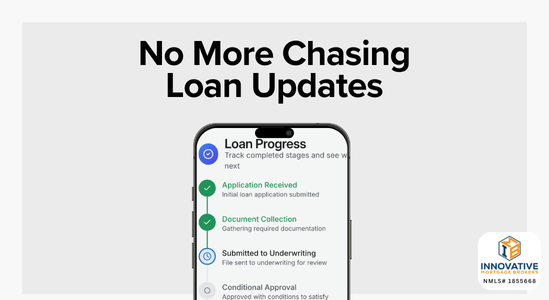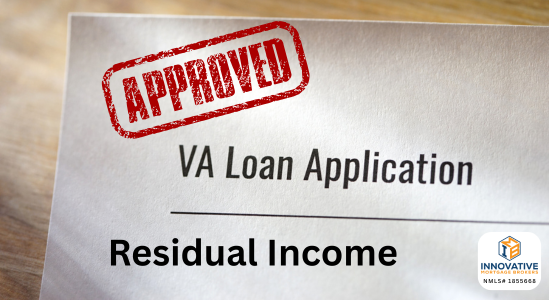Mortgage rate volatility, oil shocks, and why execution matters more than quotes When a war…
When is the first mortgage payment due

You’re pre-approved for a mortgage and can’t wait to become a homeowner, but there’s one big question.
When is your first mortgage payment due?
After closing on a house, making the down payment, and covering the closing costs, you likely want a little break from spending so much money.
The good news is there is a little break. The bad news is you have to start making payments pretty quickly after closing on your home.
When is the First Payment Due?
The answer to this question depends on the terms of your loan and which lender you’re working with. Most lenders make the first mortgage payment due on the first of the month following your closing date.
For example, if you close on March 15th, your first payment would be due May 1st. This is because the interest you pay in each payment is in arrears or for the previous month. So the interest you paid in your May 1st payment covers the interest from April 1 – April 30.
At mortgage closing, you will be required to pay prorated interest for the number of days of that month up to and including the day of closing. This is known as “days of interest” and is calculated by multiplying the daily interest rate by the number of days in the current month until your closing date. For example, if you close on March 15th, you’d pay 15 days worth of interest on your loan at closing. Therefore, when April 1st comes around, you don’t have a payment due since you already paid at closing, so your first payment will be due in May
If you’re trying to put as much time between your closing and your first payment, you’ll want to close as early in the month as the lender will allow. This puts the most time between your closing and the first payment, but that current month will still be due at closing.
What Affects When your First Mortgage Payment is Due?
While your mortgage payment is almost always due the first day of the first full month, some factors may affect when you owe it.
Your Closing Date
When you close your loan determines when your first payment is due. Some lenders give an interest credit for a few days if you close at the beginning of the month.
For example, if you close on March 2nd, you may get an interest credit for the two days of March, but your first payment is due on April 1st. Of course, each lender has a different threshold regarding how many days they’ll allow an interest credit into the month, so always ask.
How Often you Make Payments
Your lender may offer the option to make bi-weekly payments, or you may decide to make your payments a few days or a week early.
While this might not seem like a huge deal, it can save you money on interest over the life of the loan. The quicker you pay down your mortgage balance, the less interest you’ll pay.
What is in your First Mortgage Payment?
Your first mortgage payment has many moving parts, including the following:
- Principal – This is part of the mortgage payment that pays back what you owe. You’ll pay back an incremental amount of what you borrowed based on how many years you borrow the funds.
- Interest – The interest is the fee the lender charges to lend you the money. Usually your interest charges decrease each month as you pay your balance down.
- Real estate taxes – You must pay 1/12th of your annual real estate tax bill monthly to ensure you have enough funds to cover your tax liability.
- Homeowner’s insurance – Your mortgage payment includes 1/12th of your annual homeowner’s insurance premium. All lenders require this.
- Mortgage insurance – If you borrow an FHA or USDA loan or put down less than 20% on a conventional loan, you will owe mortgage insurance in addition to your principal and interest.
Understanding the Grace Period
Most mortgage lenders offer a grace period. For example, if your mortgage is due on the 1st of each month, they may allow a 10 to 15 days grace period. So if you miss the 1st but pay by the 10th or 15th, depending on the lender, you won’t incur a late payment fee.
However, if you pay the mortgage beyond those dates, you’ll incur a late fee, and if you miss the payment for more than 30 days, it will report as a late payment on your credit report. Since your payment history is the most significant part of your credit score, making your payments on time whenever possible is essential.
Making your First Mortgage Payment
Knowing how to make your first mortgage payment is important. Most lenders include a payment coupon in your closing documents to help make your first payment.
Most lenders allow you to mail the coupon in with a check, pay over the phone, or pay online.
You may also have the option for any of the following:
- Autopay – If you don’t want to worry about making late payments, consider autopay. You set up the same date every month to withdraw your payment from your checking or savings account.
- Mail – You can always mail a check to your lender. Just be sure you have the correct mailing address so the check goes to the right place.
- Phone – Many lenders provide a payment phone number you can call to make a payment. Be sure you have your checking account’s routing and account number and know the amount you’re paying. Before using this method, check if your lender charges a fee for it.
- Online – Most lenders have an online payment option. This is the easiest way, but be sure you know the payment cutoff time, especially if you’re making the payment close to your due date.
Final Thoughts
Knowing when your first mortgage payment will be due is important. Buying a house is exciting but expensive, so being able to budget for the payment is essential.
Most first payments are due in the first full month after the closing, but there may be some variation depending on the lender and when you close. The key is to choose a date each month to make your payment, make them on time, and if you’re able, consider paying early or making extra payments to save money on interest over the life of the loan.




